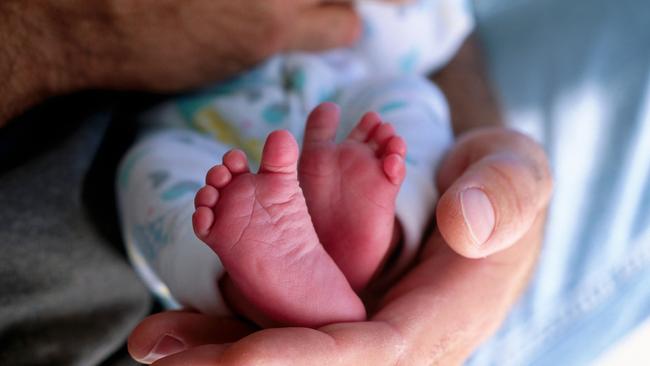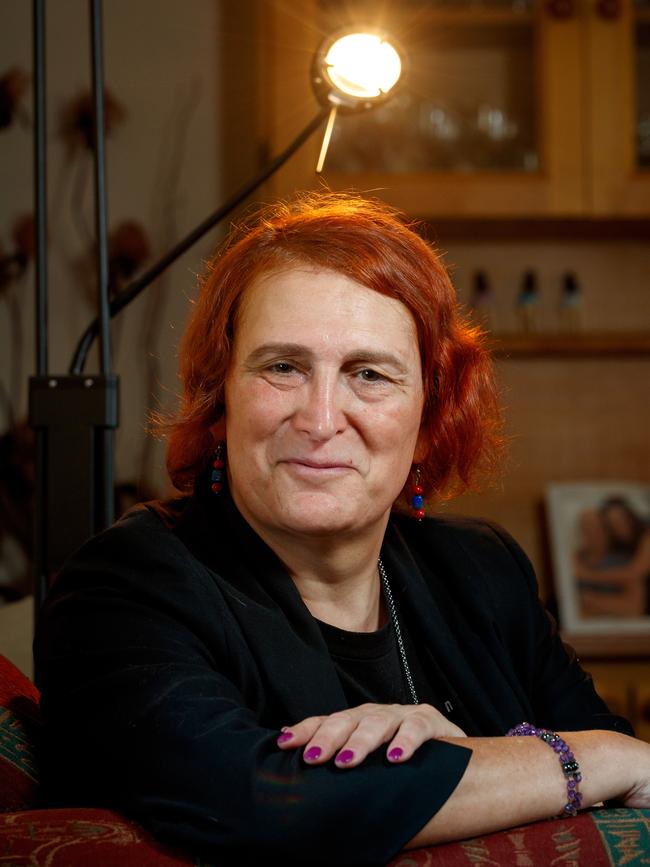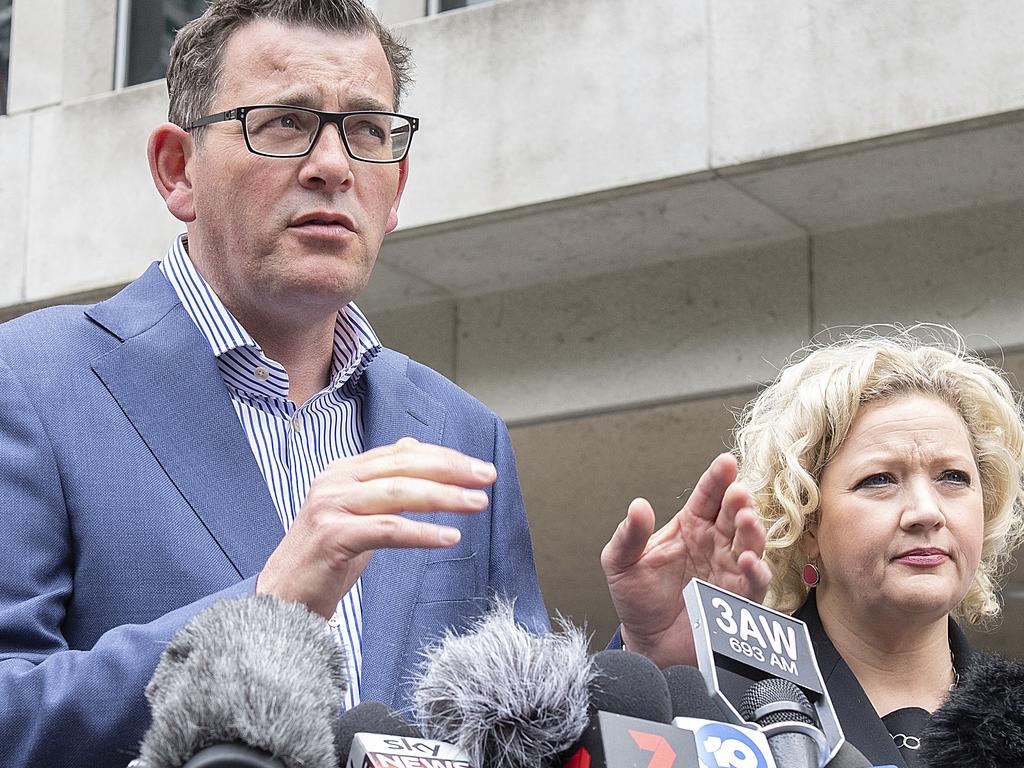Lawyers warn of ‘unintended consequences’ in birth certificate reforms
A plan to make it easier to change sex on Queensland birth certificates, or list none at all, could cause problems for courts and government departments.

A Queensland plan making it easier for people to change sex on their birth certificates, or list none at all, could cause problems for courts and government departments, lawyers warn.
Transgender rights reforms from the Palaszczuck Labor government – certain to pass on the anticipated votes of ALP and Greens MPs – will drop reassignment surgery requirements for adults and children wanting to change the sex recorded on their birth certificates.
Parents will also have the option not to list any gender on their newborn’s documentation.
The Queensland Law Society broadly supports the policy, but has called for an audit of all state legislation and policies referring to “sex” or “gender”, to clarify rules.
In her submission to the bill, law society president Kara Thompson said people with no gender on their birth certificates could pose identification problems for courts and government departments.
“We seek further clarification on how verification of identity processes are to be managed in the absence of a sex descriptor appearing on a person’s birth certificate, where current procedures refer to ‘gender’,” she wrote.
Ms Thomson said police would also need clear guidance on rules requiring body searches, in cases where a person being searched has changed their birth certificate but “retains the anatomical capacity of a male”.
“Without further consideration of the distinction between the two concepts (sex and gender), especially as applied across the current Queensland statute book, there may be unintended consequences that flow from the implementation of the bill in its current form,” she said.
Tasmania became the first state to make gender optional on birth certificates in 2019.
NSW will soon be the only jurisdiction requiring people to undergo reassignment surgery before they can change birth certificates, after Queensland and Western Australia announced changes last month.

NSW Labor has not committed to law changes if it wins the March state election and the Liberal government did not respond to request for comment.
Reassignment surgery is not covered by Medicare, and can cost about $80,000.
In Queensland, children older than 16 will be able to legally self-identify as another sex, without parental consent, as long as they have a supporting statement from an adult who has known them for at least a year.
Those aged 12 to 15 will require their parents’ permission to change their birth certificate, but can apply to the courts if their parents do not support an application.
Queensland will not require a medical statement from a doctor or psychologist, which will be required in Western Australia and is already adopted in South Australia, the ACT and Northern Territory.
Sally Goldner, spokeswoman for LGBTIQ lobby group Just Equal, said reforms would reduce invasion of privacy and stress.
“NSW must introduce similar reforms as a matter of priority not only for the sake of better national consistency, but also for the benefit of many trans and gender-diverse people across NSW who are currently denied access to identity documentation which reflects who they are,” Ms Goldner said.
“The reform makes life fairer and easier for trans and gender- diverse people and reduces invasion of privacy and stress due not having to constantly ‘tell your story’ to total strangers.”
Critics say self-identification would impede on the right to privacy in female-only spaces such as toilets, change rooms and prisons. The Australian Christian Lobby says the bill is: “out-of-step with community expectations for parental rights and the safety of women”.
“This situation does not pass the ‘pub test’ and is viewed by many in the community as controversial and dangerous,” the lobby’s Queensland political director, Rob Norman, wrote in a submission.
“Queenslanders have every right to question the granting of access for biological males to female-only spaces, this is neither transphobic nor irrational.”
Ms Goldner said trans women accessed female spaces and services every day across Australia and had done so for many years.
“I don’t understand why this is suddenly controversial,” she said.
“It has been almost a decade since the first jurisdiction in Australia removed the requirement for trans and gender-diverse people to have surgery to access updated birth certificates, with numerous other protections prior, and the sky hasn’t fallen in.”
Queensland Attorney-General Shannon Fentiman criticised groups who “will try to cloak their transphobia in the guise of women’s safety – making claims about trans women accessing women’s spaces, including change rooms or even domestic violence shelters”.
“I want to be clear: there is no evidence, domestically or internationally, to support these outrageous claims,” she said.
“I note the Australian Psychological Society has warned against casting undue suspicion on an individual’s motives for stating a particular sex.”
Reforms were launched in a number of countries – including The Netherlands, Denmark, Belgium and Ireland – after a 2015 Council of Europe report called for easier procedures for birth certificate and passport changes.
By mid-year New Zealanders will be able to make a statutory declaration to change their birth certificates.
The UK government scrapped its own plans to change gender recognition laws in 2020, but Scotland last month introduced a self-identification model.
Transgender people in Scotland may need to apply to be legally recognised in England and Wales after the UK’s equalities minister announced a review of the list of countries whose gender certificates are recognised.
About half of US states do not require people to have reassignment surgery before amending their birth certificate.







To join the conversation, please log in. Don't have an account? Register
Join the conversation, you are commenting as Logout